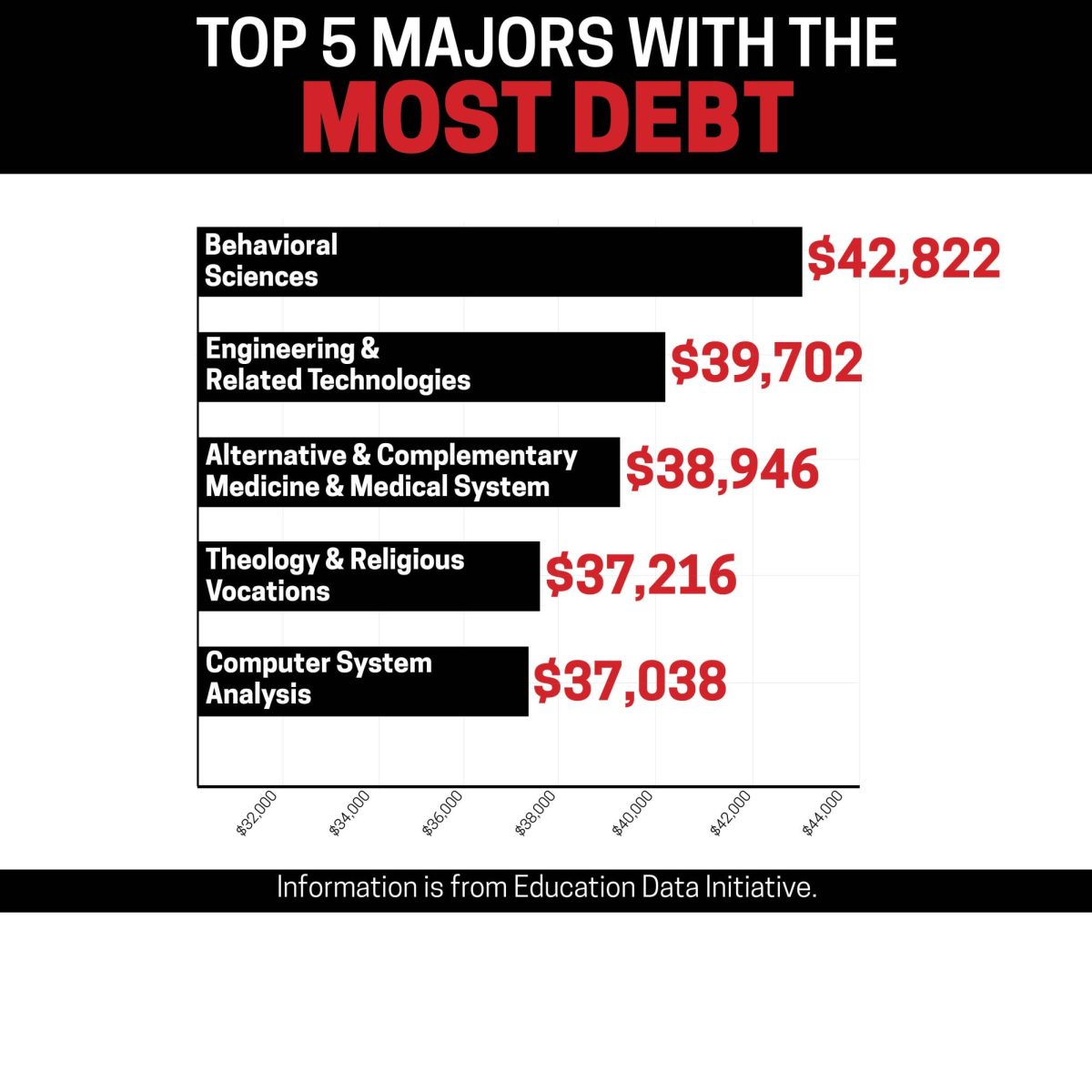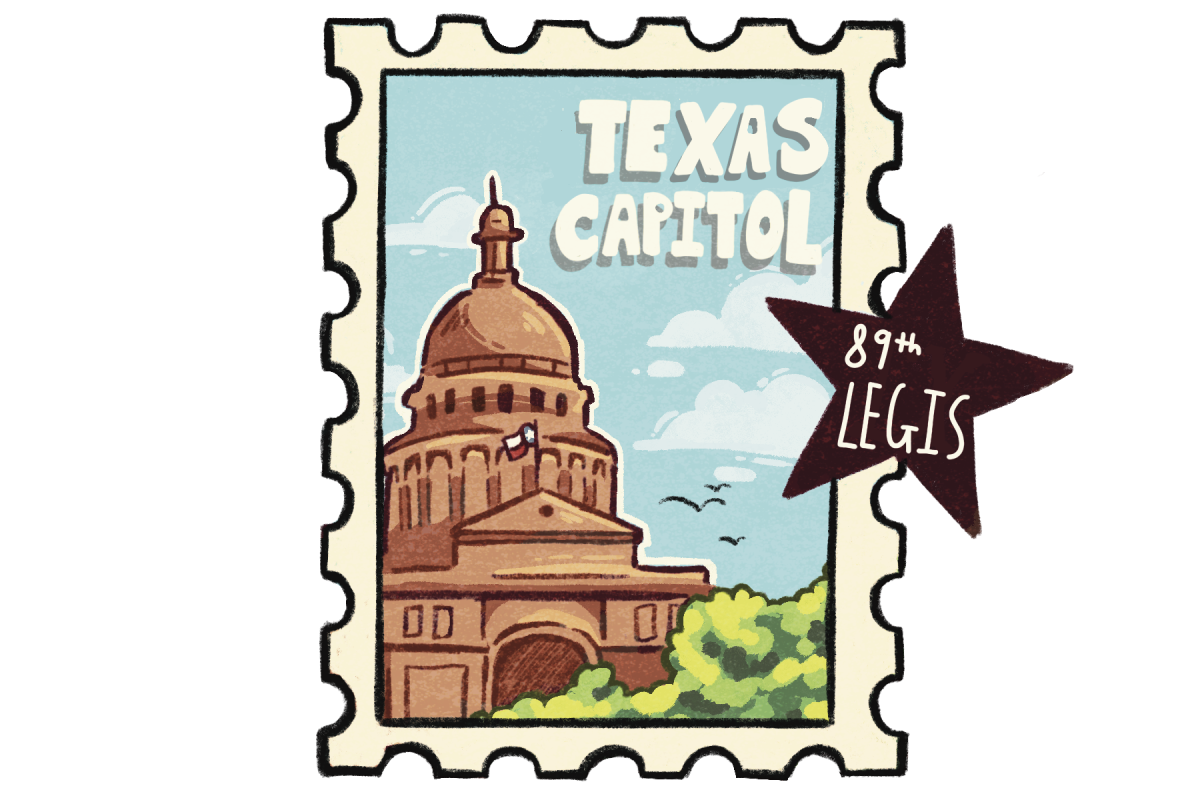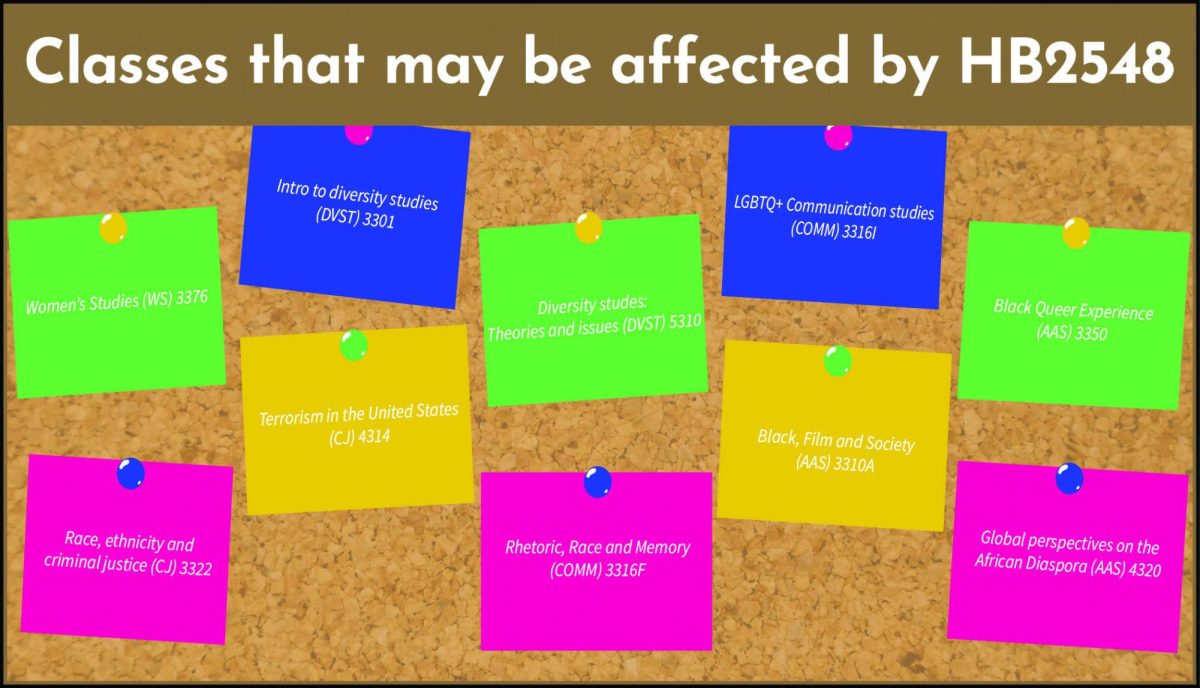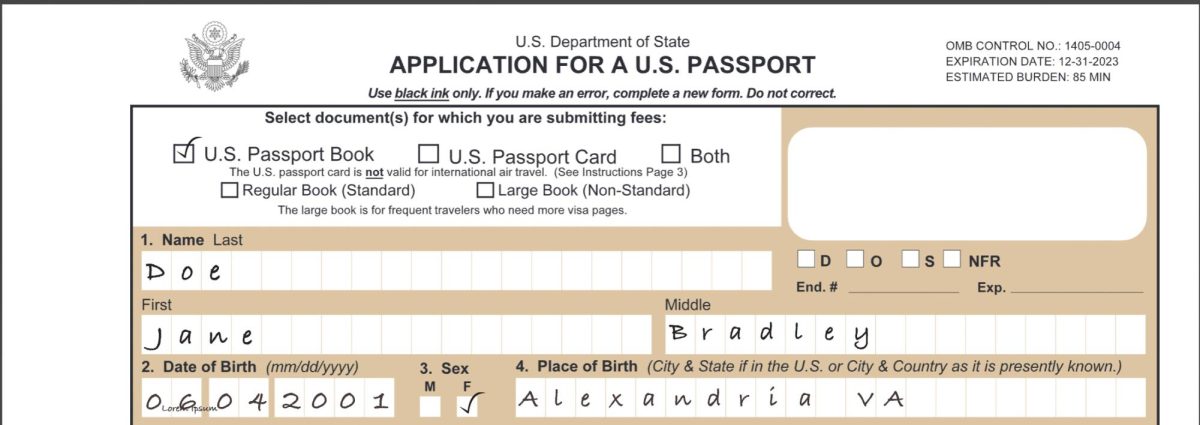“Inside the Capitol” examines key bills from the 89th legislative session that impact the Texas State and San Marcos communities. The session began on Jan. 14 and ends June 2.
Some college degrees with high debt and low earning potential could face restrictions under two new bills in Texas’ 89th legislative session.
State Rep. Carl Tepper, R-Lubbock, introduced House Bill 281 (HB 281) that would place certain performance ratings on degrees in public higher education institutions in Texas based on their debt-to-income ratio. State Sen. Mayes Middleton R-Galveston also introduced Senate Bill (SB 757), an identical bill in the Senate.
What is the bill proposing?
According to HB 281, debt-to-earnings metrics are being used to evaluate academic programs based on graduates’ post-graduation debt levels. Here’s how the system works:
– Undergraduate programs are assessed two years after graduation.
– Master’s programs are assessed three years after graduation.
– Doctoral programs are assessed five years after graduation.
Programs are rated based on the ratio of debt to earnings:
– Reward: Debt is 75% or less of earnings.
– Monitor: Debt is between 76% and 100% of earnings.
– Sanction: Debt is between 101% and 125% of earnings.
– Sunset: Debt exceeds 125% of earnings.
Programs that receive a “Reward” rating are exempt from certain reviews. Programs rated “Monitor” would be closely watched and may face additional review or corrective action if their financial performance does not improve. Those with “Sanction” or “Sunset” ratings face funding restrictions and enrollment limits. Programs rated “Sunset” must stop accepting new students and will be phased out, though current students can complete their degrees.
In some cases, if phasing out a program would remove a core curriculum course required for other programs, special exceptions may apply.
David Deggs, Educate Texas‘ senior director of higher education said it is difficult to define the value of a degree.
“I think the other thing that could happen [if the bill gets passed], students would drive away from some field that we need them to be in,” Deggs said. “We need people to be educators and in healthcare, they’re essential to the fabric of society.”
According to the Education Data Initiative, Texas had an average student loan debt of $33,746 as of October 2024. The data also showed almost 13% of Texas residents have student loan debt.
“Can we even capture the value of a credential, and if we determine that the degree was not bringing the value that it was intended, could you rank people? Could you make courses unavailable and things like that?” Priscilla Aquino-Garza, senior director of policy and programs at Educate Texas, said.
According to the Texas Higher Education Coordinating Board’s DataBridge, compared to other degrees, students with high debt are typically in areas like arts, education and psychology.
Aquino-Garza said many colleges have capitalized on the unique strengths of their specific majors. If HB 281 passes, it could undermine the years of legacy and progress that these colleges have worked to build, she said.
“You cannot measure passion or spark of something you want to explore. [The bill] is cutting off the ability to explore, we want [students] to have a connection with the kinds of careers they want to have,” Aquino-Garza said. “There is so much that you could put at risk that feels like a slippery slope.”
While some majors may not offer high salaries, fields like social work, education and public health are essential to society’s well-being despite their potentially low salaries, Aquino-Garza said.
“No one has a guarantee that they’re going to get a well-paid job. There’s no guarantee that wages will always be competitive in certain areas. It’s really difficult to even guess the programs or the jobs that would be impacted by [HB 281],” Deggs said.
Aquino-Garza said if this bill passes, there is a possibility that students will focus on STEM majors that pay more. This could mean there are fewer students in other areas, such as education.
According to the Texas Education Agency, Texas is already suffering from a shortage of qualified teachers in areas such as English, math and special education.
“My art teachers have really taught me valuable lessons like it’s okay to mess up, and it’s okay to keep on trying and to try new things. So I feel like teachers give you valuable understandings even as kids. It’s a huge thing,” Bailey Sloas, art education freshman said.
HB 281 has been introduced and will next be read, referred to a committee for discussion and then voted on for presentation to the full House.
SB 757 has been introduced and received by the Secretary of the Senate, and will soon be read, referred to a committee and voted on for presentation to the full Senate.
Individuals interested in tracking either bill can do so on its website.

















